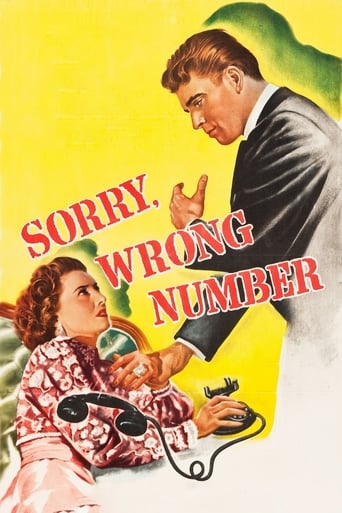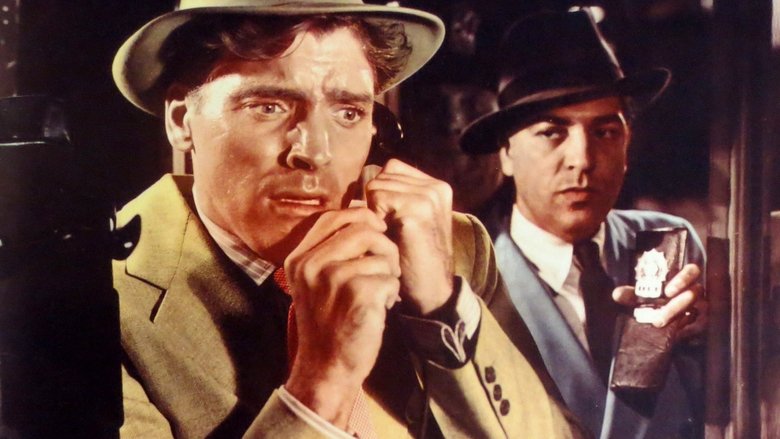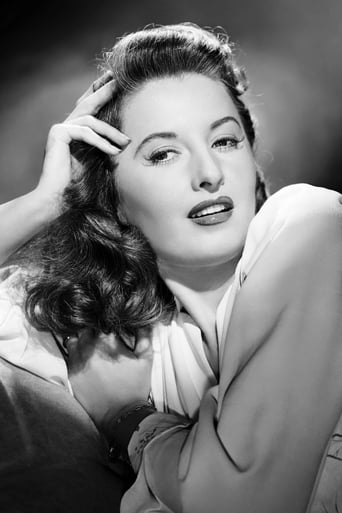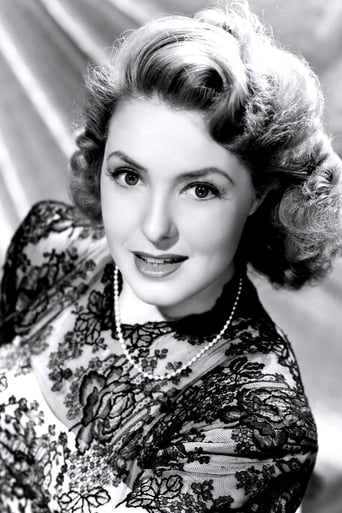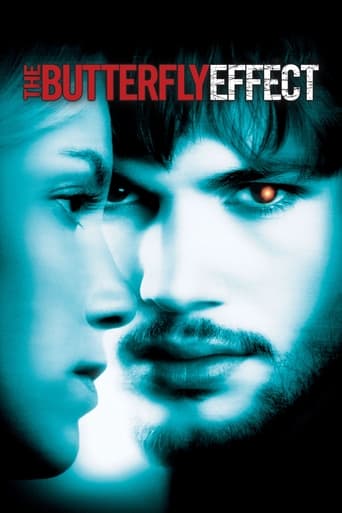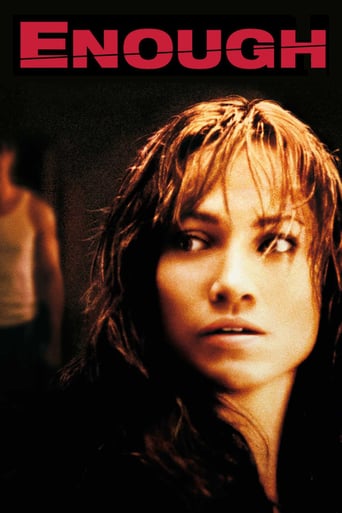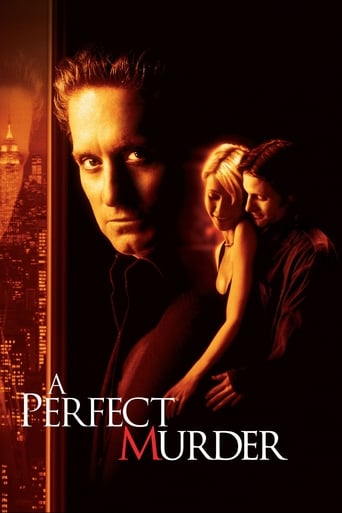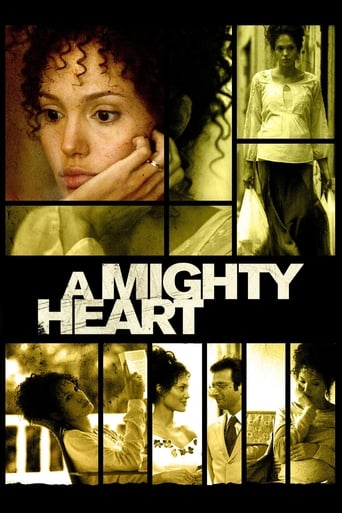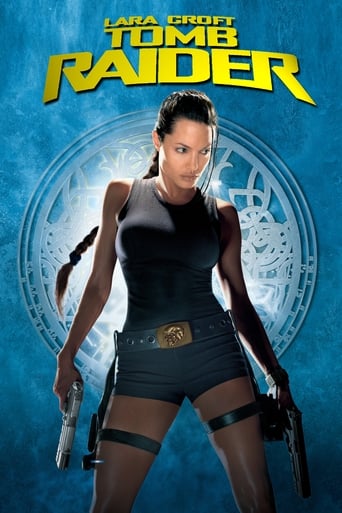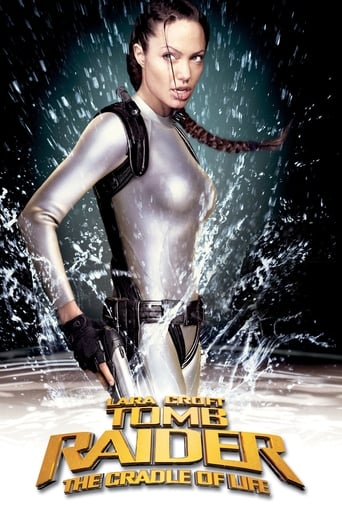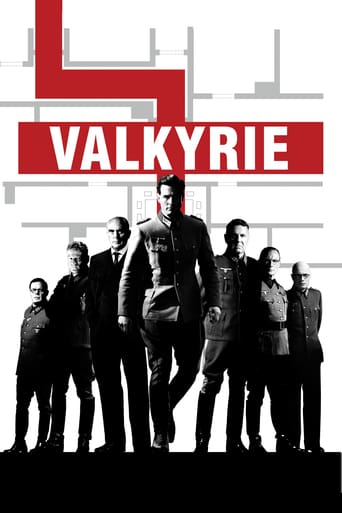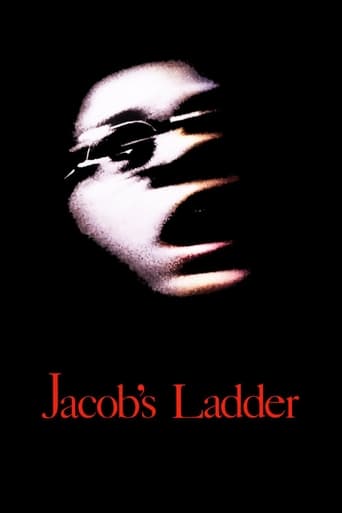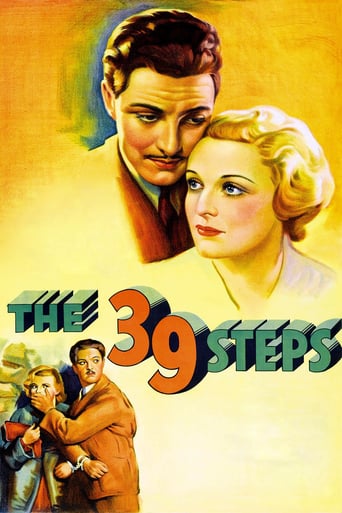Sorry, Wrong Number (1948)
Leona Stevenson is confined to bed and uses her telephone to keep in contact with the outside world. One day she overhears a murder plot on the telephone and is desperate to find out who is the intended victim.
Watch Trailer
Cast


Similar titles
Reviews
Very well executed
It was OK. I don't see why everyone loves it so much. It wasn't very smart or deep or well-directed.
It's funny, it's tense, it features two great performances from two actors and the director expertly creates a web of odd tension where you actually don't know what is happening for the majority of the run time.
The movie's neither hopeful in contrived ways, nor hopeless in different contrived ways. Somehow it manages to be wonderful
Complicated (multiple flashbacks within flashbacks) but highly engrossing, Sorry Wrong Number still packs a wallop - even with today's more blasé and less tolerant audiences. Litvak's driving direction with its remarkably mobile camera moodily prowling through appropriately lavish sets and strikingly noirish natural locations, superbly abets Lucille Fletcher's grippingly bizarre screenplay. Litvak isn't afraid to use close-ups either. And his players not only stand up to this relentless probing but offer some of the greatest performances of their lives. Both Stanwyck and Lancaster make formidable principals. Outstanding character study contributors include Shirley Ann Richards, Wendell Corey, Harold Vermilyea and the ever-reliable Ed Begley. Note Joyce Compton as the blonde who briefly interrupts Begley's all-alone-in-the-big-house phone chat; and director Anatole Litvak as a diner in dark glasses - As an inside joke, Lancaster testily turns to waiter Vuolo and pointedly asks: "Who is that man?").
From the first slam bang of the jarring musical theme this film seems to throw itself at the viewer too forcefully. After the opening an absolute torrent of words spill out, every second crammed with dialog, literally thousands of words, spoken by characters who seemingly never take a breath. OK, I understand that movies don't need to be Budd Boetticher or John Ford westerns, moving along almost elegantly with visual storytelling and camera work telling you as much as the dialog, but "Sorry, Wrong Number" goes too far in the opposite direction: it is a radio play stretched out with thousands of added words. The camera work in this film is technically alright but not used the way that a great director turns a film into art. Ms. Stanwyck is terrific but her character is immobile, an invalid, mostly speaking or listening to spoken dialog. All of the other actors are good, including an English actor who recites extensive dialog while blacked out in profile, standing like a statue and talking into a phone. In other words, everybody just stand and spew the dialog as fast as you can then move on to the next scene.A limited amount of location movement is done including some flashbacks but there is constant dialog, narration or the jarring theme overlaying most of it. We can visually follow what is going on as characters move around at the seashore and it could have been done with the sound of seagulls or surf or boat whistles or something atmospheric, but the director doesn't seem to trust his camera to tell the story. Hitchcock in "Vertigo" confidently features much moving around in automobiles, in and out of buildings, in a church/cemetery etc (not to mention the classic crashing surf scene) with little or no talking and mostly just the low bassoon sounds of Bernard Herrmann's musical score. Similarly, much of the actual story of Hitchcock's "Rear Window" is presented via his camera lens rather than spoken words. The end of the film is thrilling, as advertised, and it delivers. Overall, the radio-play styled acting is good but I expected to see more of a "film" classic, and was disappointed to find little artistic value here as film-making. Also, my ears almost hurt from the 128 minute wall-to-wall verbal assault. I think that the original radio play format would be the best format for this work. The lesson to be learned from all this is that if you are going to direct a film, trust your camera to help you convey some of the story ideas, you don't need to totally dominate the camera with added noise and talk.
What we have with SORRY, WRONG NUMBER is a half-hour premise (originally done on radio with Agnes Moorehead) that has been painfully stretched into 89 minutes. The entire thing feels padded, like the flashbacks are used as filler just to draw it all out and reach the required length of a feature film. Another problem is the dialogue. It is obvious that they didn't rewrite it for the screen and relied heavily on the original text of the radio version.Close your eyes and listen to it and it is like listening to a radio program. Some people like that, but I don't. I think dialogue should be sparse (unless it's a screwball comedy where we're supposed to have a series of rapid fire exchanges) and that especially in noir or a suspense drama, filmmakers should show whenever possible and not tell. Instead, this film is too talky and way too shrill. One contemplates what it would be like if it had been produced in the hands of someone like Alfred Hitchcock-- how it would be much more visually striking and what other dramatic possibilities (and ironic humor) might have been achieved with the story.
Leona Stevenson, a wealthy heiress, travels from her home in Chicago to New York to obtain medical treatment for the heart condition which has left her a bedridden invalid. She is obliged to remain in bed with the telephone as her only link to the outside world. One evening, she gets a crossed phone connection and accidentally overhears a conversation between two men who seem to be plotting a murder. This film is sometimes described as having been shot in real time, but it is very different from, say, Hitchcock's "Rope", also made in 1948. "Rope" has a simple structure, observing the classical unities of time, place and action; the action not only takes place in real time but also takes place in a single location and tells a single story, with no subplots and no flashbacks. In "Sorry, Wrong Number" the main plot line, taking place in Leona's bedroom, may take place in real time, but there are also numerous flashbacks. These all occur in the context of a telephone conversation between Leona and some other person, and they relate what has happened in the past or what is happening in some other place. One such flashback, for example, tells the story of how Leona met and married her husband Henry, whom she seduced away from her college friend Sally. For a film which lasts for less than an hour and a half, the plot is a fairly complex one; in its complexity and its use of flashbacks it reminded me of another American drama from the late forties, John Brahm's "The Locket". Much of the drama surrounds Henry, an uneducated but ambitious young man from a working-class background. After his marriage to Leona, he was made a vice-president of the company controlled by her wealthy father. He soon realised, however, that this job was little more than a sinecure, and his marriage to the spoiled, demanding Leona quickly went sour, especially after her illness left her an invalid. Bored and restless, he concocted a dishonest scheme to siphon off money from the company, a scheme which led to his becoming dangerously involved with a ruthless organised crime gang. Some have complained that Burt Lancaster is miscast as Henry, although I suspect that is because they think of him either as the action hero of the fifties or as the socially liberal Hollywood heavyweight of the sixties and seventies. In the early part of his career in the late forties, however, he tended to specialise in crime dramas and film noir, the best-known example probably being his debut film "The Killers". Henry is therefore typical of the sort of role that Lancaster was playing around this time, and his performance is a perfectly good one. One of the problems with the film is the lack of any characters with whom the audience can sympathise. Henry and his associates are obvious villains, and Leona is so spoiled, wilful and hysterical that she forfeits the sympathy we would normally feel for her because of her illness. (It is, in fact, revealed that there is nothing organically wrong with her heart; her symptoms are purely psychosomatic ones arising from her neuroses). Barbara Stanwyck's performance is, technically, a good one- it won her a "Best Actress" Oscar nomination- but I felt that the film could have been improved if Stanwyck had toned things down and tried to make her character more likable. Another weakness arises from the structure of the plot. Because the various flashbacks are related to Leona's various telephone conversations, there are occasions when the people she is speaking to tell her far more information than they would have been likely to do in real life, which occasionally makes the film seem rather unrealistic. Another plot hole comes when Sally's husband Fred, a lawyer with the DA's office, has a sensitive and confidential conversation with a colleague from his own home telephone in the full hearing of his wife. It struck me as highly unlikely that he would have done this, especially as the conversation concerned his wife's ex-boyfriend Henry, who is under investigation by the police. Nevertheless, director Anatole Litvak handles his material well, making use of typical film noir conventions such as low-level lighting, looming shadows and circling camera shots, as well as a spooky musical score (even if this occasionally becomes a bit too intrusive). The final scene, after Leona has come to realise that the murder she has overheard being discussed is her own, is unbearably tense. Overall, "Sorry, Wrong Number" is a very effective piece of suspense, reminiscent of some of Hitchcock's works. 7/10

